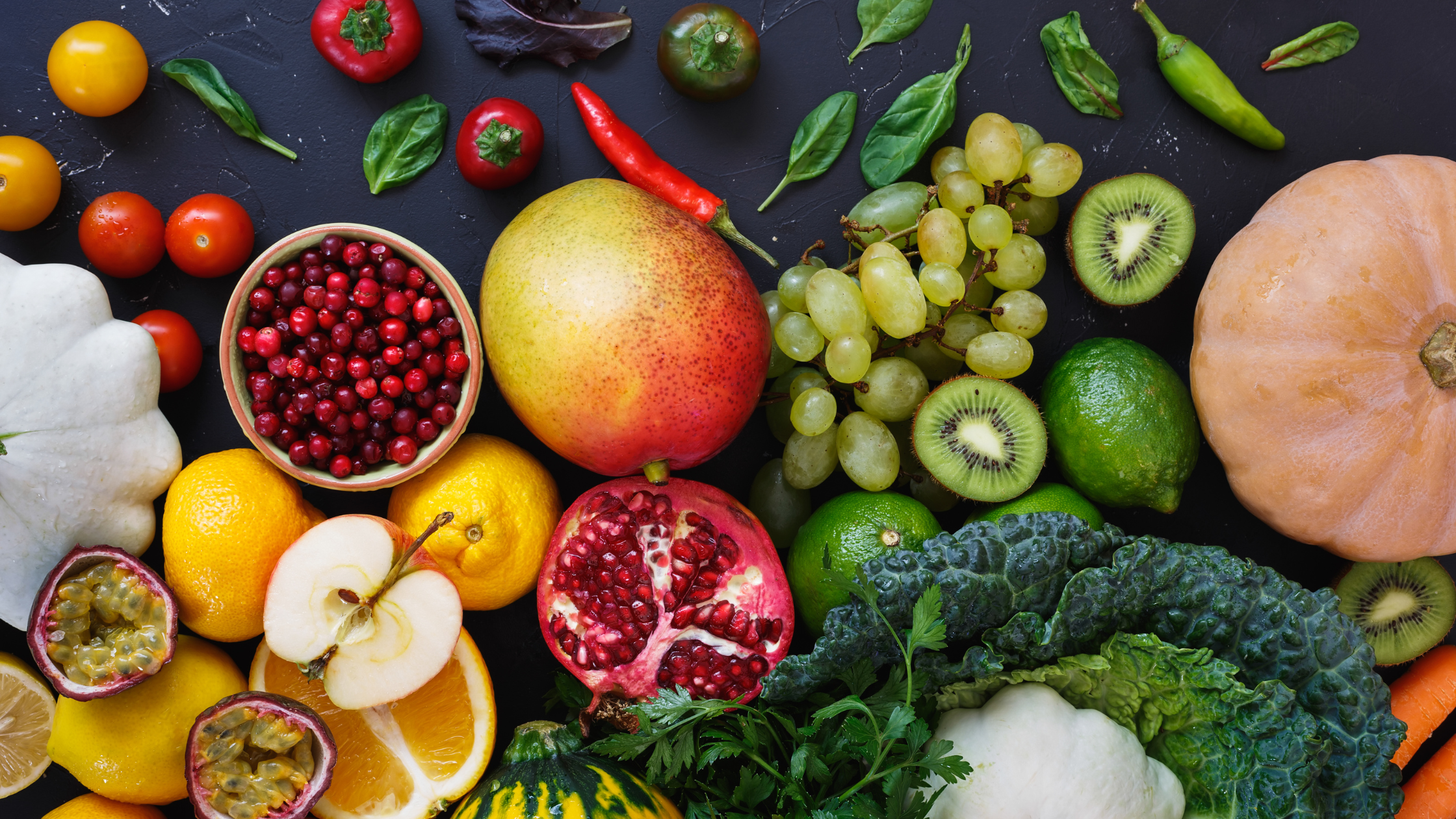Recovery from opioid addiction is a multifaceted journey, involving not just the cessation of substance use but also the healing of the body and mind. One often-overlooked aspect of this recovery process is nutrition. The foods we consume play a vital role in our overall health and well-being, and proper nutrition can significantly impact recovery outcomes for individuals overcoming opioid addiction.
The Connection Between Nutrition and Recovery
Substance use can take a toll on the body, leading to nutrient deficiencies that can hinder the recovery process. Opioid addiction can affect appetite and digestion, often leading to poor nutritional choices. As individuals transition into recovery, focusing on nutrition becomes essential for both physical and mental health.
A balanced diet provides the nutrients necessary for healing, energy, and overall wellness. Key vitamins and minerals—such as B vitamins, vitamin D, omega-3 fatty acids, magnesium, and zinc—play critical roles in brain health and emotional regulation. For instance, B vitamins are crucial for energy production and cognitive function, while omega-3 fatty acids can help reduce symptoms of depression and anxiety, which are common during recovery.
Foods That Support Recovery
Incorporating a variety of whole, nutrient-dense foods into daily meals can support the recovery process. Here are some essential food groups and nutrients to consider:
- Fruits and Vegetables: Rich in vitamins, minerals, and antioxidants, fruits and vegetables help reduce inflammation and support immune function. Aim to include a rainbow of colors in your diet to ensure a wide range of nutrients.
- Lean Proteins: Protein is essential for tissue repair and muscle recovery. Incorporating lean sources of protein—such as chicken, turkey, fish, beans, and legumes—can help rebuild the body and support overall health.
- Whole Grains: Whole grains like brown rice, quinoa, and oats provide complex carbohydrates that are crucial for energy. They also contain fiber, which supports digestive health and helps regulate blood sugar levels.
- Healthy Fats: Healthy fats found in avocados, nuts, seeds, and olive oil can support brain health and reduce inflammation. These fats are vital for maintaining energy levels and improving mood.
- Hydration: Staying hydrated is critical for overall health. Water helps transport nutrients throughout the body and can alleviate some withdrawal symptoms. Herbal teas and broths can also be beneficial for hydration and soothing the digestive system.
Developing Healthy Eating Habits
As individuals in recovery navigate their new lifestyles, establishing healthy eating habits is crucial. Here are some tips to promote good nutrition during recovery:
- Meal Planning: Planning meals in advance can help individuals make healthier choices and avoid the temptation of processed foods.
- Mindful Eating: Practicing mindful eating—paying attention to hunger cues and savoring each bite—can improve the relationship with food and promote healthier choices.
- Seeking Support: Engaging with a nutritionist or dietitian can provide tailored guidance and support to develop a balanced diet that meets individual needs.
At Lumin Wellness, we recognize that nutrition plays a critical role in the recovery process from opioid addiction. By prioritizing a balanced diet rich in whole foods, individuals can support their healing journey, improve their overall health, and enhance their well-being. If you or a loved one is seeking support on the path to recovery, our compassionate team is here to help you every step of the way. Together, we can create a holistic approach to recovery that nourishes the body and mind.
